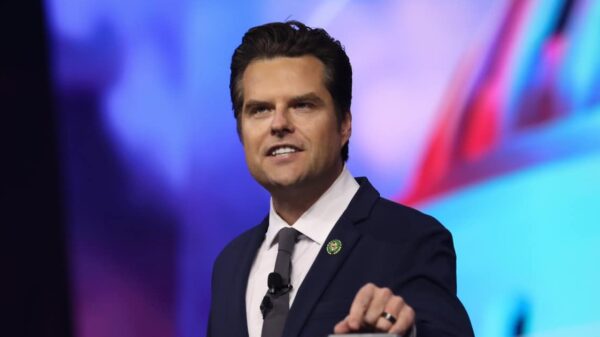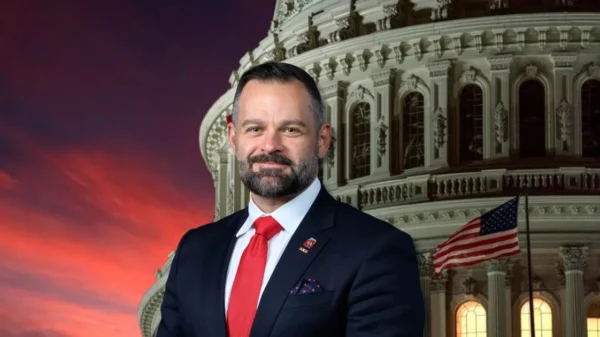U.S. Rep. Angie Craig, D-Minn., and U.S. Rep. Brian Mast R-Fla., got their bill cutting down on water pollution through the U.S. House this week.
At the end of February, Craig and Mast brought out the “Local Water Protection Act” which “increases grant funding for state and local governments to decrease water pollutants, including addressing toxic agricultural runoff, septic to sewer conversions, legacy pollutants, impacts from dams, effects of channelization of waterbodies and other forms of pollution.”
The legislation reauthorizes the EPA’s Section 319 Grant Program, which, as Mast’s office noted, “addresses nonpoint source pollution through state-run nonpoint pollution management programs and related technical assistance.” The bill also more than doubles funds for Section 319, moving it from $70 million a year to $200 million for Fiscal Years 2020 through 2024.
“Under Section 319, states, territories and tribes receive grant money that supports a wide variety of activities including technical assistance, financial assistance, education, training, technology transfer, demonstration projects and monitoring to assess the success of specific nonpoint source implementation projects,” Mast’s office noted.
On Monday, the House passed the bill on a 329-56 vote with 46 members of the House not voting. All 56 members of the House who voted against the proposal were Republicans including U.S. Rep. Matt Gaetz, R-Fla., U.S. Rep. Greg Steube, R-Fla., and U.S. Rep. Ted Yoho, R-Fla. U.S. Rep. Francis Rooney, R-Fla., was one of the 46 members of the House who did not vote.
“Florida has felt the social and economic consequences of environmental disaster firsthand. The water issues stemming from Lake Okeechobee exemplify why it’s absolutely critical that we work together to strengthen conservation programs, promote public health, defend our environment and protect our waterways,” Mast said after the vote. “This bipartisan bill will increase federal support to address pollution from agricultural runoff, assist with septic to sewer conversions and prevent other forms of pollutants. It goes to show how working together we can make a real difference for our waterways.”
“Local communities are the experts on the most innovative and effective ways to address pollution caused by snowmelt and storm runoff in their water sources,” Craig said. “I’m honored to have passed my first bipartisan bill out of the House today to support local government efforts to keep our water clean and safe for generations to come.”
So far, there is no counterpart over in the U.S. Senate.
Kevin Derby can be reached at Kevin.Derby@floridadaily.com.


















